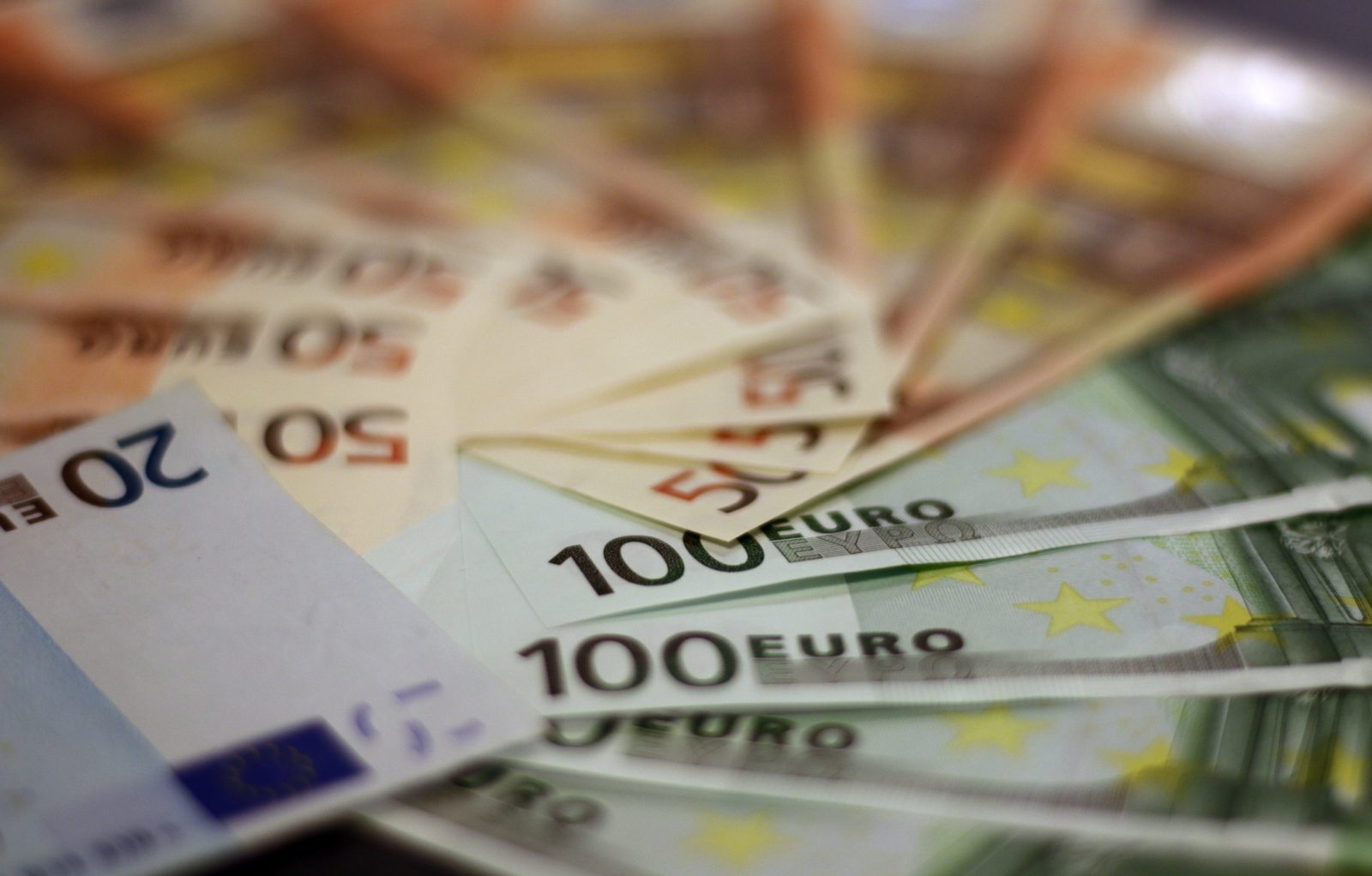The question of when the Czech Republic should adopt the Euro is complex. Finance Minister Zbynek Stanjura suggests that the government should avoid setting a timeline for joining the Eurozone before elections. Instead, the focus should be meeting the criteria for adopting the shared European currency.
Stanjura argues that without a fixed date for introducing the Euro, entering the Exchange Rate Mechanism II (ERM II) would be inappropriate. This system serves as a precursor to full Euro adoption. However, entering this system without a concrete timeline could bring more negatives than positives for the Czech economy, according to Stanjura.
The government is currently discussing a joint material from the Ministry of Finance and the Czech National Bank (CNB), which assesses the country’s readiness to join the Eurozone. Stanjura expects the cabinet to have a joint opinion on the document by the end of February.
Some ministers have called for the government to set a timeline for entering the Eurozone or entry into ERM II, where a country must be a member for two years before introducing the Euro. Stanjura emphasizes focusing primarily on meeting the Maastricht criteria for introducing the Euro.
The Maastricht criteria are a set of economic and legal conditions that European Union member states must meet to adopt the Euro. These include price stability, long-term interest rates, public finances, and exchange rate stability. The latter requires a two-year membership in ERM II.
Stanjura does not favor the government’s decision on next year’s Eurozone entry date. He argues that deciding on a fixed date for entry into the Eurozone in an election year would be politically short-sighted. Adopting the Euro could be part of the election campaign of individual parties. At the same time, the Finance Minister called for a search for social consensus regarding introducing the Euro, noting that society in the Czech Republic is divided on the issue of the European currency.








